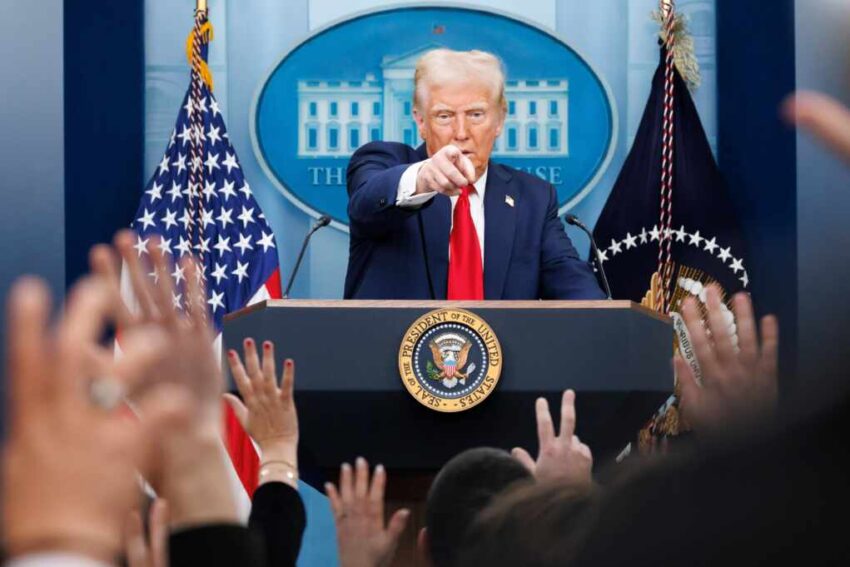In a dynamic twist on international diplomacy, President Trump’s pivot in the Israel-Iran conflict underscores the crucial primacy of U.S.-Russia relations.
At a Glance
- President Trump has refused an offer from Russian President Vladimir Putin to mediate the escalating Iran-Israel conflict.
- Trump’s reported response was for Putin to prioritize ending Russia’s own war in Ukraine first.
- The administration is reportedly considering U.S. military action, including potential airstrikes on Iran’s nuclear sites.
- The Russia-China alliance with Iran complicates any potential international mediation efforts.
- The move highlights Trump’s assertive and often unconventional diplomatic style on the world stage.
Navigating Diplomatic Waters
President Trump’s assertive diplomatic approach was on full display as he snubbed Russian mediation efforts in the Iran-Israel conflict. According to Trump, the Kremlin’s help would be more welcome once Russia resolves its own turbulent geopolitical dilemma—namely, the war in Ukraine.
In a statement to reporters on the White House lawn, detailed by the New York Post, Trump recounted his conversation with the Russian leader. “He actually offered to help mediate. I said, ‘Do me a favor, mediate your own. Let’s mediate Russia first, okay?’” Trump’s logic speaks to the heart of his strategic diplomacy, which seeks to stabilize direct relations before entangling them in broader conflicts.
Beneath the Surface: A Tangled Web of Alliances
This diplomatic focus is informed by the tangled alliances among the major powers. Both Russia and China stand as stalwart allies to Iran, which complicates any potential for a peaceful resolution brokered by Moscow.
French President Emmanuel Macron’s skepticism echoes this reality. “I do not believe that Russia, which is now engaged in a high-intensity conflict and has decided not to respect the UN Charter for several years now, can be a mediator,” Macron stated in a report from Firstpost. This common sense assessment seems to align with the Trump administration’s stance.
A Strategic Pivot or a Diplomatic Delay?
Despite previous inclinations to include Putin in global discussions, Trump’s pivot unveils his tactical calculations. As Israel ups the ante with its own military actions, Trump’s contemplation of U.S. intervention has crystallized. However, the unresolved complications around Russia’s alliance with Iran could stymie any cooperative effort, redirecting the administration’s focus back to foundational diplomacy with Moscow first.
It is evident that Trump’s chessboard maneuver demands more than mere mediation. His next moves will entail recalibrating Russia’s role, strengthening allies, and directly confronting Iran’s nuclear threats. In navigating this high-stakes diplomatic relay, the power of a straightforward paradigm might just hold the pragmatism needed to forge a renewed global order.
Click this link for the original source of this article.
Author: Editor
This content is courtesy of, and owned and copyrighted by, https://conservativeamericatoday.com and its author. This content is made available by use of the public RSS feed offered by the host site and is used for educational purposes only. If you are the author or represent the host site and would like this content removed now and in the future, please contact USSANews.com using the email address in the Contact page found in the website menu.







